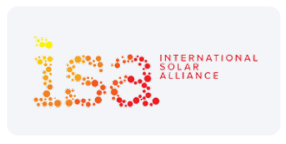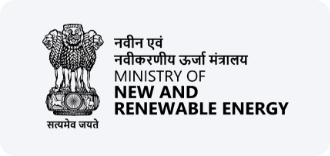One of the most polluting sectors of the global economy is steelmaking, which is attempting to switch from coal-fired facilities to decarbonized iron. The Namibia Investment Promotion and Development Board (NIPDB) released a statement stating that the Oshivela project in western Namibia has the support of the German federal government, which has contributed 13 million euros. The project will generate 15,000 tonnes of iron annually using renewable energy sources without emitting any carbon emissions. Iron is traditionally reduced in blast furnaces by adding coke from hard coal, which emits a lot of CO2. Steel manufacturing today accounts for around one-eighth of worldwide CO2 emissions and strongly contributes to climate change. A direct reduction plant does not utilize coke as a reducing agent and instead employs natural gas or hydrogen.
Sunday, 22 February, 2026




